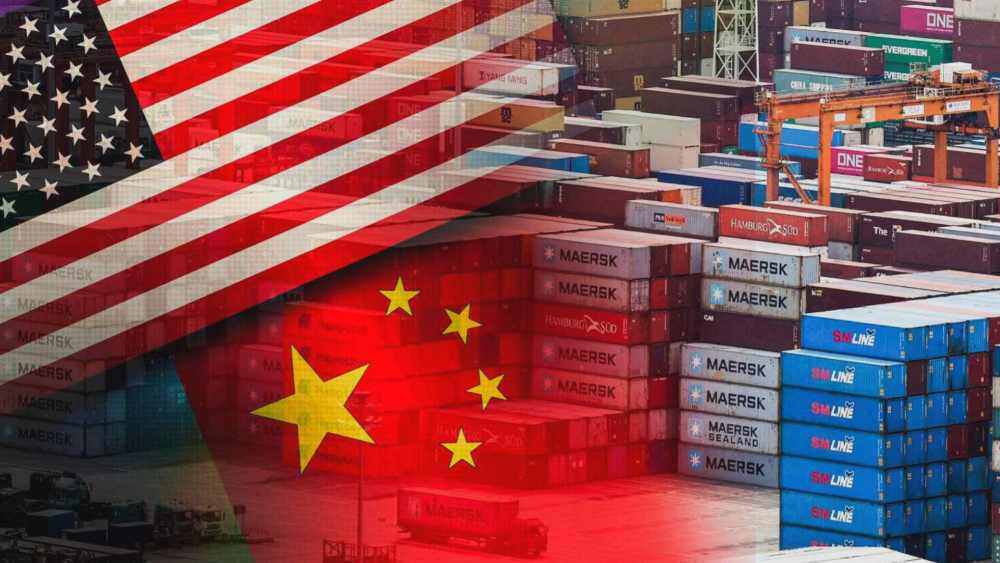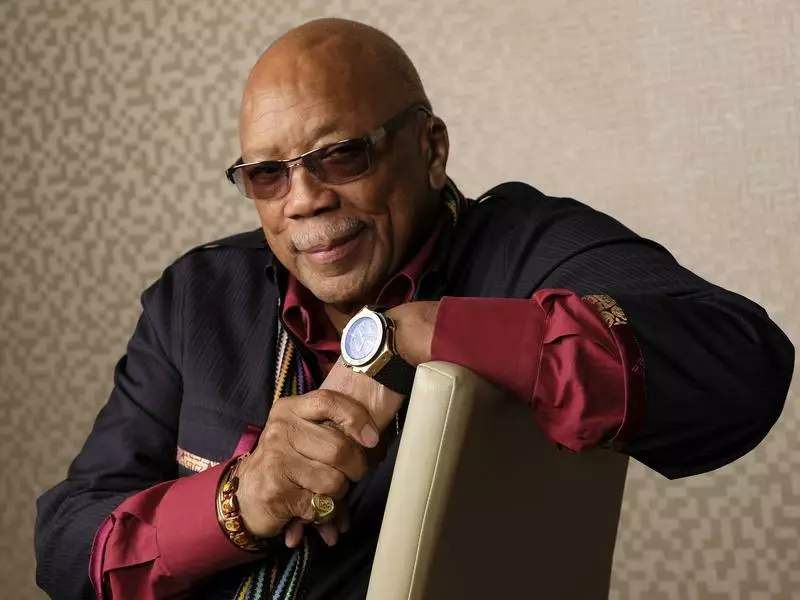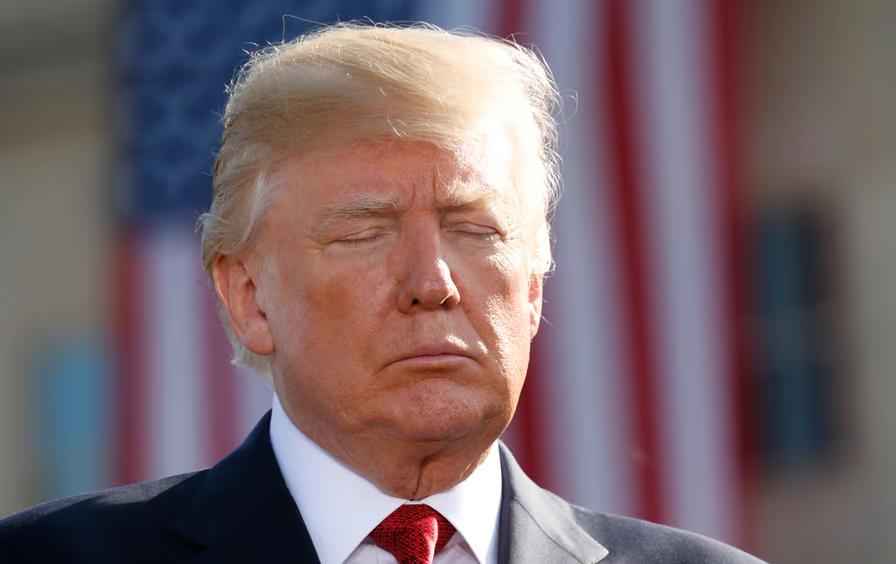Biden's Signal to Consider Western Long-Range Missiles Inside Russia in Dialogue with UK Leadership
Sep 14, 2024 / GMT+6
President Joe Biden is indicating a greater willingness to permit Ukraine to target deep within Russia using Western-provided missiles, with plans to address this issue with his new British counterpart during their meeting at the White House on Friday.
More topics for you...This topic continues below.
China reports record $1.2 trillion trade surplus for 2025, defying Trump's tariffs.
Prior to the discussions, US officials indicated they did not anticipate Biden would immediately approve the use of US-supplied Army Tactical Missile Systems — or ATACMS — against targets well inside Russia, away from the Ukrainian border.
However, like the US, the UK has supplied its own long-range Storm Shadow missiles to Ukraine. The deployment of these missiles, along with similar weaponry from France, is currently restricted to strikes within Ukraine. Any potential changes to this policy will need US approval, which will be a key topic of conversation during Friday’s meeting.
The president has persistently declined requests from Ukrainian leaders to loosen limitations on weaponry. However, as the conflict continues and the US grows increasingly alarmed by Iran's provision of ballistic missiles to Russia, serious conversations are unfolding at the White House regarding a possible adjustment.
“We’re working that out right now,” Biden responded when asked this week if he would allow long-range missiles supplied by the West to strike military locations such as airfields, missile sites, fuel depots, and ammunition storage within Russia. According to The New York Times, referencing European officials, it seems Biden is close to authorizing Ukraine to utilize long-range missiles, provided they don't employ US-sourced weaponry.
The situation in the Russia-Ukraine war remains intense and complex. Here are some key updates:
Ukrainian forces have launched a significant counter-offensive, advancing into the Russian region of Kursk. They have reportedly taken control of over 1,200 square kilometers of Russian territory and 93 villages.
Russia has responded with major counterattacks, particularly in the Kursk region, where a large armored column was seen attacking towards the village of Snagost.
Ukrainian President Volodymyr Zelensky has been urging NATO to provide long-range missiles to strike deeper into Russian territory. This has led to heightened tensions, with Russian President Vladimir Putin warning of potential escalation.
In the eastern Donetsk region, Russian forces have made some gains, capturing the small town of Niu-York. This area has been heavily contested since 2014.
Some global reaction:
Countries like the United States, the United Kingdom, and members of the European Union have strongly condemned Russia’s actions. They have imposed severe economic sanctions on Russia and provided substantial military and humanitarian aid to Ukraine. NATO has also increased its presence in Eastern Europe as a deterrent.
The UN has called for an immediate ceasefire and has been involved in humanitarian efforts to support displaced populations. Several resolutions condemning the invasion have been passed, although some member states have abstained or voted against them.
China and India have taken a more neutral stance. China has called for dialogue and a peaceful resolution, while India has emphasized the importance of respecting sovereignty and territorial integrity but has refrained from directly condemning Russia.
The conflict has led to disruptions in global supply chains, particularly in energy and food markets. Many countries are facing higher energy prices and food shortages, prompting calls for a swift resolution to the conflict.
There have been widespread protests and demonstrations around the world, both in support of Ukraine and against the war. Public opinion in many countries is strongly against the invasion, leading to increased pressure on governments to take action.







